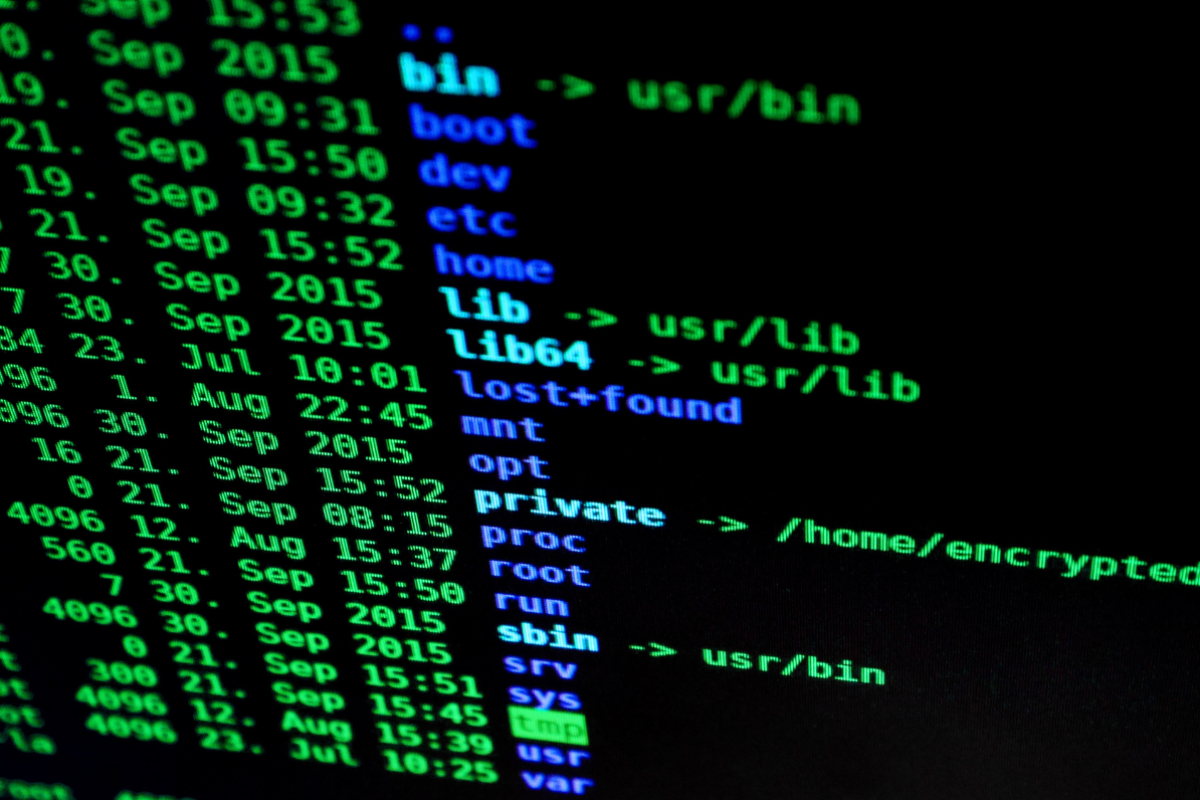Bitcoin is often hailed as “secure,” “unhackable,” and “decentralized.” But can Bitcoin be hacked? Let WST News clarify this for you.

Deciphering Bitcoin’s Security
Bitcoin relies on blockchain technology, a decentralized ledger upheld by thousands of computers globally. This decentralization is a crucial reason why Bitcoin is seen as secure. Unlike traditional banking or centralized systems, Bitcoin doesn’t have a single point of failure. Every transaction is validated by multiple nodes (computers), making it extremely difficult for hackers to edit the records.
The 51% Attack: A Theoretical Concern
A well-known vulnerability associated with Bitcoin is the 51% attack. This scenario occurs if a single entity or group gains control of over half of the network’s mining power. In this situation, they could potentially reverse transactions, double-spend coins, and block new transactions from being confirmed.
Though this might sound alarming, executing a 51% attack on Bitcoin is highly challenging. The computational and energy resources needed are immense, making such an attack unlikely. Additionally, miners have strong financial incentives to maintain network integrity, outweighing the potential benefits of conducting such an attack.
Hacking Bitcoin Wallets: A Real Threat
While breaching the Bitcoin network itself is difficult, individual Bitcoin wallets present a different risk. Your Bitcoin is kept in a digital wallet secured by private keys. If someone gains access to your private key, they can access your Bitcoin.
To protect yourself, be cautious of phishing attempts, malware, and poor security practices. For instance, storing private keys on a malware-infected device could lead to theft.
Exchange Hacks: A Vulnerable Spot
Cryptocurrency exchanges, where you buy and sell Bitcoin, are another weak link. These platforms have been frequent targets of hackers. The infamous Mt. Gox hack in 2014, for example, resulted in the theft of over 850,000 Bitcoins, worth hundreds of millions of dollars at the time.
While exchanges have improved their security since then, they remain a significant target. Keeping your Bitcoin on an exchange involves trusting them with your funds. Despite robust security measures by many reputable exchanges, their systems are not entirely foolproof.
Tips to Secure Your Bitcoin
How can you safeguard your Bitcoin? Consider these strategies:
Use Hardware Wallets: These physical devices store private keys offline, making them impervious to online hacks.
Enable Two-Factor Authentication (2FA): Adding 2FA to your exchange and wallet accounts provides an extra layer of security.
Beware of Phishing Scams: Verify URLs and avoid clicking on suspicious links.
Keep Your Software Updated: Regularly update your wallet software, antivirus, and other security tools.
In Summary
While the Bitcoin network itself is highly secure and practically unhackable, the surrounding ecosystem has vulnerabilities. Individual wallets and exchanges are potential weak points, requiring careful management and security practices.
So, can Bitcoin be hacked? The network, not really. However, how you handle and store your Bitcoin can only be protected with vigilance. Stay informed and adopt best practices to keep your Bitcoin safe from potential threats.
FAQs About Bitcoin Security
Can Bitcoin be hacked?
Bitcoin’s blockchain technology is highly secure due to its decentralized nature and cryptographic protocols. Hacking the Bitcoin network would demand immense computational power, making it nearly impossible.
What is a 51% attack?
A 51% attack occurs when a single entity or group controls more than half of the Bitcoin network’s mining power, potentially enabling them to reverse transactions and double-spend coins. However, the required resources make this attack highly unlikely.
How can I protect my Bitcoin from being hacked?
Use hardware wallets, enable two-factor authentication (2FA), watch out for phishing scams, and keep all your software up-to-date. These steps significantly reduce the risk of Bitcoin theft.
Are cryptocurrency exchanges safe?
Reputable exchanges often have strong security measures but remain targets for hackers. It’s best not to store large amounts of Bitcoin on exchanges for long periods; instead, transfer your Bitcoin to a secure wallet you control.
What should I do if my Bitcoin wallet is hacked?
Immediately transfer any remaining funds to a secure wallet, report the theft to your provider, and notify local authorities. Also, investigate how the breach occurred to prevent future incidents.
read more: Are Crypto Losses Tax Deductible?





















